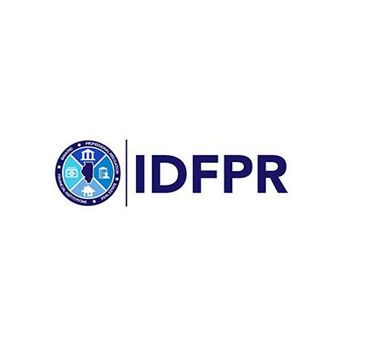The Illinois Department of Financial and Professional Regulation (IDFPR) Division of Banking and Illinois Attorney General Kwame Raoul today issued a warning for a new scam that seeks to take advantage of student loan uncertainty. Scammers contact student loan borrowers and make false promises that they can guarantee lower monthly payments or loan forgiveness, often demanding upfront fees to do so and promising immediate results. Borrowers typically can request these services for free from the U.S. Department of Education or their student loan servicer. Scammers utilizing this scheme are known to have contacted targets by phone, text, email, and regular mail, and may falsely claim to have ties to government agencies (including the Department of Education). While a few companies may offer legitimate student debt relief services, many make false promises to student loan borrowers and fail to deliver on the services they’re paid for.
“The current landscape for loan repayment is especially confusing due to pending legal challenges to federal relief programs, and scammers may try to exploit that uncertainty,” said Illinois Attorney General Kwame Raoul. “Borrowers should get their information from the Department of Education or their student loan servicer, so they do not put themselves at risk of potential scams. I also encourage borrowers who have questions or concerns to contact my office. I will continue to advocate in support of students and will work to hold institutions that defraud students accountable.”
“It is disheartening to learn of yet another scam targeting uncertain financial situations, but borrowers should take heart in knowing there are steps they can take to avoid falling victim,” said IDFPR Secretary Mario Treto, Jr. “Remember, you do not need to pay for student loan assistance. Borrowers should contact their loan servicer or the U.S. Department of Education to get the help you need.”
“Consumer financial education, including creating awareness of scams that prey on Illinois residents, is one of our top priorities,” said Susana Soriano, Acting Director of Banking. “The Division of Banking will continue promoting legitimate avenues for borrowers to learn about student loan forgiveness programs and initiatives.”
Consumers can identify this scam by being on alert for these red flags:
• Promises of immediate loan forgiveness or cancellation. Student loan debt relief companies cannot forgive student loans. Any changes to federal student loan repayment plans will be made through one of the government’s official loan servicers (learn more about federal student loan repayment programs for free from the U.S. Department of Education). Private student loan borrowers should also contact their student loan servicers for accurate information.
• Requests to sign a power of attorney form. Legitimate student loan assistance programs will not typically require you to sign an agreement giving them legal permission to act on your behalf.
• High-pressure sales tactics attempting to force you into acting immediately by creating a false sense of urgency. Phrases used may include:
o “Savings Plans Available for a limited time only!”
o “Results Guaranteed!”
o “Call Now!”
o “Get Your Student Loans Forgiven Now!”
• For federal student loans, requests for your Federal Student Aid username and account in exchange for help with your student loans. Borrowers should never share their login credentials.
• Statements claiming relationships with government agencies, including the Department of Education. Again, borrowers should contact their student loan servicers for accurate information. Borrowers contacted by these scam companies should not engage with them, but should reach out to their student loan servicers or the U.S. Department of Education if they need help.
Additionally, the U.S. Department of Education and the Federal Trade Commission (“FTC”) both offer resources in identifying student loan scams. Borrowers who are contacted by these scams should call the Illinois Attorney General’s Student Loan Helpline at 1-800-455-2456 for assistance. Attorney General Raoul also encourages borrowers who feel they have been the victim of a scam to file a complaint with the Illinois Attorney General’s Office by visiting the office’s website.
***Courtesy of The Illinois Department of Financial and Professional Regulation***








